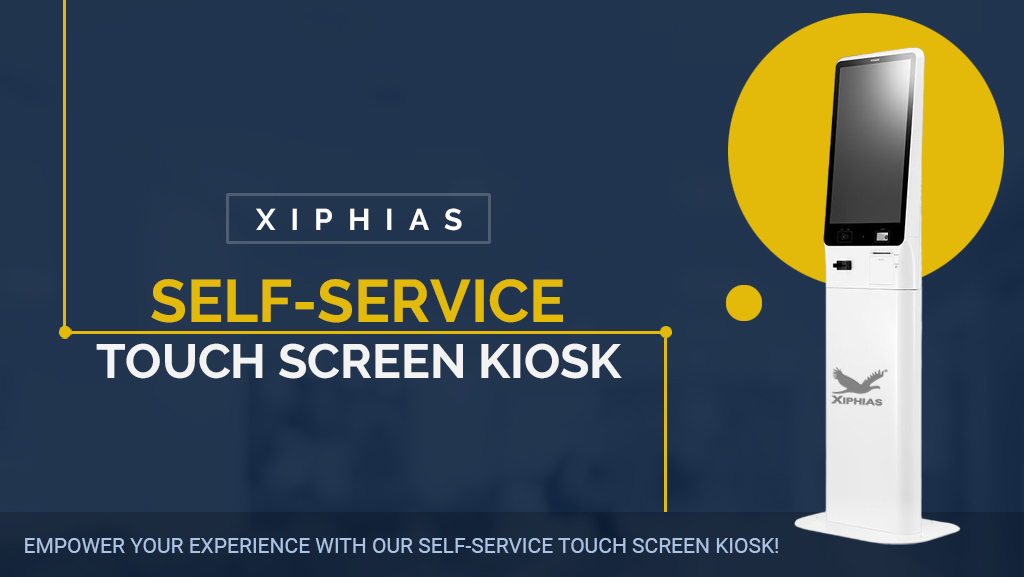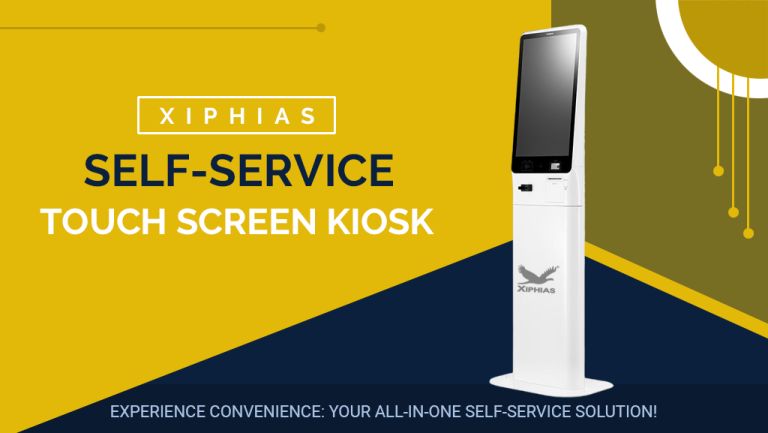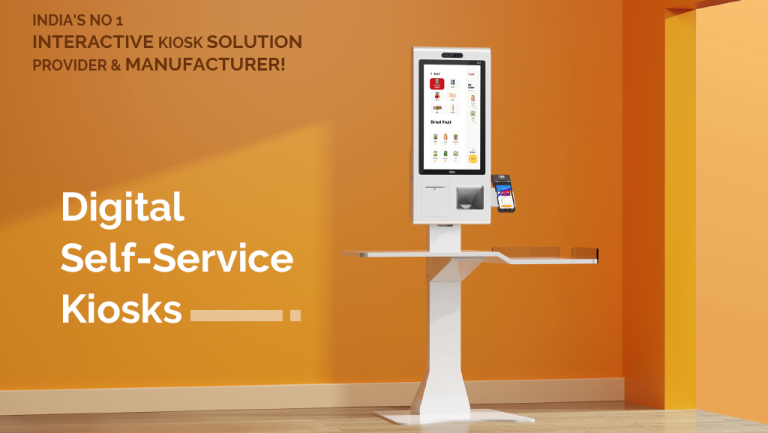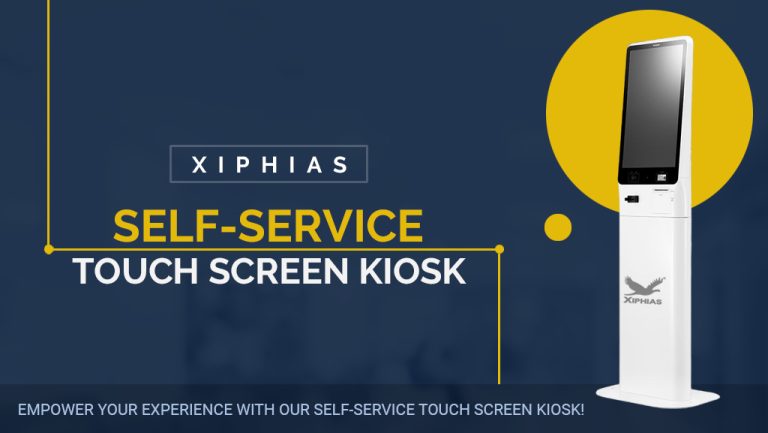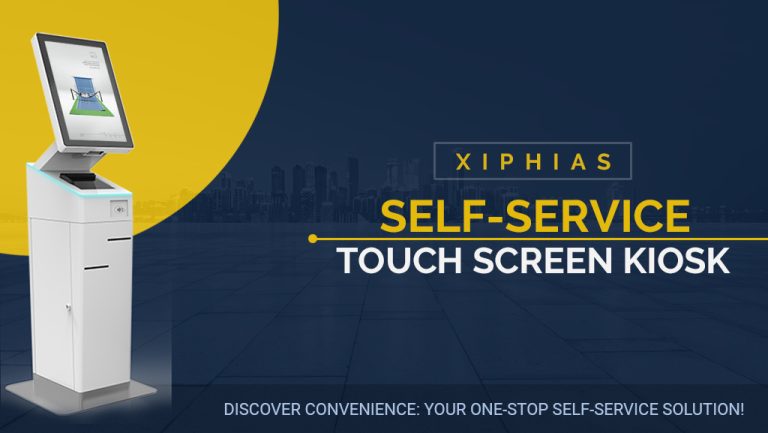Key Features to Look for in Self-Service Touch Screen Kiosks for Your Business
Self-service touch screen kiosks have become a vital tool for businesses across various industries. They provide customers with the convenience of handling tasks independently, improving efficiency, and enhancing the overall customer experience. However, choosing the right kiosk for your business involves careful consideration of several key features.
User-Friendly Interface
The interface of a self-service kiosk should be intuitive and easy to navigate. A user-friendly interface ensures that customers can complete tasks quickly and without frustration. Touch screen kiosks with clear instructions, large buttons, and responsive touch sensitivity make the process smoother. A well-designed interface reduces the learning curve, allowing users of all ages to interact comfortably with the kiosk.
Customization Options
Customization is a crucial feature when selecting self-service kiosks for your business. The ability to tailor the kiosk’s appearance, layout, and functionality to match your brand is important. Customizable options allow businesses to create a consistent brand experience that resonates with customers. From logo placement to color schemes, customization ensures that the kiosk aligns with your company’s identity.
Robust Security Features
Security is a top priority for any self-service kiosk, especially when handling sensitive information. Look for kiosks with advanced security features such as encrypted data transmission, secure payment processing, and user authentication. These features protect both your business and your customers from potential security breaches. Robust security measures also build trust, encouraging more customers to use the kiosk.
Payment Integration
For businesses that require payment processing, integrated payment systems are essential. A kiosk with built-in payment options, such as credit card readers, contactless payment, and mobile payment support, enhances convenience for customers. Seamless payment integration ensures that transactions are completed smoothly and securely. It also reduces the need for additional staff to handle payments, increasing operational efficiency.
Versatility and Flexibility
A versatile self-service kiosk can adapt to various tasks and functions. Whether you need a kiosk for check-ins, ticketing, ordering, or information display, flexibility is key. Choose kiosks that can be easily reconfigured or updated to meet different needs. This adaptability ensures that the kiosk remains relevant as your business evolves and expands its offerings.
High-Quality Display
The display quality of a touch screen kiosk plays a significant role in user experience. A high-resolution screen with vibrant colors and sharp images attracts and engages users. Additionally, the display should be durable and resistant to scratches and smudges. An anti-glare screen is also important for ensuring visibility in different lighting conditions, whether indoors or outdoors.
Reliable Connectivity
Connectivity is a critical feature for self-service kiosks, especially those that require internet access or data syncing. Look for kiosks with reliable and stable connectivity options, including Wi-Fi, Ethernet, and Bluetooth. Reliable connectivity ensures that the kiosk can perform tasks such as updating content, processing payments, and syncing data without interruptions. Consistent connectivity also enables real-time monitoring and remote management.
Easy Maintenance and Support
Maintenance and support are important factors to consider when choosing a self-service kiosk. Select kiosks that are easy to maintain, with accessible components and straightforward software updates. A kiosk with remote management capabilities allows you to monitor performance, troubleshoot issues, and update software without being on-site. Additionally, choose a manufacturer that offers reliable customer support to address any technical issues promptly.
Scalability
As your business grows, your kiosk needs may change. Scalability is an essential feature to ensure that your kiosks can expand with your business. Look for kiosks that can accommodate additional modules, such as printers, scanners, or cameras, as needed. Scalable kiosks offer the flexibility to add new features or functions over time, maximizing your investment.
ADA Compliance
Ensuring that your self-service kiosks are accessible to all customers is crucial. ADA (Americans with Disabilities Act) compliance is a key feature to look for, guaranteeing that your kiosks are usable by individuals with disabilities. Features such as adjustable height, screen readability, voice guidance, and tactile buttons help make the kiosk accessible to everyone. ADA compliance not only ensures inclusivity but also expands your customer base.
Energy Efficiency
Energy efficiency is another important consideration for self-service kiosks, especially for businesses aiming to reduce their environmental impact. Choose kiosks with energy-efficient components and power-saving features, such as automatic screen dimming or sleep modes. Energy-efficient kiosks help lower operating costs and contribute to your business’s sustainability efforts.
Conclusion
Selecting the right self-service touch screen kiosk for your business requires careful evaluation of key features. A user-friendly interface, robust security, payment integration, and customization options are essential. Additionally, consider the kiosk’s versatility, display quality, connectivity, and scalability to ensure it meets your current and future needs. By focusing on these features, you can choose a kiosk that enhances customer experience, streamlines operations, and supports the growth of your business. Investing in the right self-service kiosk is an investment in the efficiency and success of your business.

